Throughout 2011 I collected books, charts, software packages; attended courses (both online and in-person) and presented a few music education courses myself. I found it inspirational connecting with fellow educators on twitter (via a professional learning network) as well as visiting them at their schools (thank you Bede Polding, Monte Saint Angelo & Parramatta Marist). I have learnt much from you and have been able to give much.
The aim of this post is to serve as a starting point for your 2012 budgets; whether it be for professional development or general skill building and training.
If you are teaching music this year use this list to expand your resources and experiences in 2012 and you may even find a new network of music educators doing the same!
Berklee College of Music Online
Professional Development & Institute of Teachers Accreditation (Australia)
I enrolled in a Berklee course at the end of 2011 after I completed my Masters with Newcastle University. I wanted to move into composition, orchestration and general technology courses that would provide me with real world examples and resources for my own teaching. Australia has a limited supply of online music composition degrees so I enrolled in Berklee for Orchestration One. It was better than I anticipated. It not only gave me the chance to brush up on my skills and reading using Samuel Adler’s Orchestration book (which is great for students) but it also brought me into the world of MIDI Orchestration with orchestral samples and loops. Here is an example of a piece I composed during the course.
Film Trailer Score by wrightstuffmusic
The course was impeccably presented, assignments were relevant and project based, and they were marked on time with considered feedback. I was able to listen to and discuss projects with other musicians from around the world as well as partake in online tutorials. If you are interested in undertaking more music certification I highly recommend Berklee’s courses. Remember, you can do them at home!
Orff Teacher Training in 2012
I have blogged about the need for all music teachers to undergo these courses but you can also purchase relevant books and materials for your Orff classes/lessons.
Book Exploring Orff by Arvide Steen
Book Kodaly Method Book 1 by Lois Choksy
Music Technology Resources
Book YouTube in Music Education by Thomas Rudolph & James Frankel
Do you use YouTube in your classroom? Need to convince IT to unblock it for you? The authors of this book explain how teachers can use YouTube privately with their students and integrate it with websites and blogs. Educators can use YouTube for applications that include creating instrument and software tutorials, evaluating group and individual performances, sharing content with students as well other educational uses. A great read and extremely useful.
Book Music for New Media by Paul Hoffert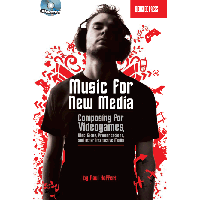
In this book, you will learn to write effectively for film, games, websites and more, mastering the devices, sounds, and techniques for supporting stories and responding to user actions. It details the technical and dramatic requirements necessary for each type of new media. In engaging language, illustrated by countless real-world examples and practical workshops, writers at all levels will find ways to create music for new markets and find new opportunities for creative expression.
Book Making Music with Garageband & Mixcraft
This book provides music educators and self-learners with a comprehensive guide to music production using two of the most inexpensive and intuitive music software recording programs on the market today. Although easy to use, the tools included in GarageBand (Mac) and Mixcraft (Windows) are powerful enough to create music worthy of inclusion in professional productions the book is far from a simple software guide. The first chapters introduce the programs, how to use them, and how to get the best audio results from any home or school computer setup. The subsequent chapters help develop creativity and guide the reader (with a very gentle learning curve) into using these programs not only to make recordings, but also to compose and produce great music. No more playing with loops, your students will know the programs inside out and be able to compose music with them.
Ear Training & Harmony
Software Musical Ear
I wrote a review of this fantastic software here but I have to mention it again. Even if you as the teacher have it on your laptop it is one of the most useful pieces of software you can own. Did I mention it works inside Sibelius 6 & 7?
Multimedia Breezin Thru Theory
A music theory and composition curriculum that saves time and makes learning fun this dynamic 5-step learning model builds rapid response to music theory concepts through Mad Dash Drills. Students learn in small increments and move quickly to the fun stuff like composing, with Composer’s Corner. This product is designed for music educators in schools, churches and private studios, Classroom based music students in Grades 6-12 as well as General Music, bands, choirs, strings, and guitar classes.
Card Game IV-V-I
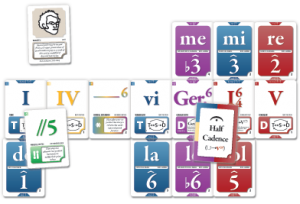
Developed by Musicteachertools.com this is an amazing product for developing harmony analyses, progressions, understanding chord relationships and more. IV-V-I is a game where harmony and music form the backdrop for composing phrases, in-order to score points and win. But watch out! Twists and turns await in the form of part writing errors and styles that change the game play entirely. If you teach music theory in your classes this is an excellent application of student knowledge.
Music Software
Download Logic Pro – available on the Mac App Store for $209.
This is a great price for any department or home studio. All the jam packs and instruments for Garageband are included.
Boxed Pro Tools – industry standard in sound production and recording from $328.
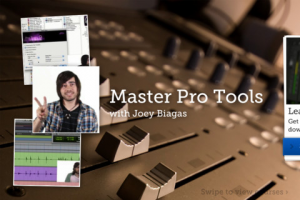
Pro Tools now has Sibelius notation software integrated to the point where you can import and export Sibelius scores to your projects. There is also a book with complete tutorials and programs available for your classes called ‘Pro Tools in Music Education.’ I run courses for schools wanting to use Pro Tools and you can visit this post to see one such example.
iPad App Learn Pro Tools in One Week – an amazing product for anyone diving into pro tools.
Check for Music Courses in 2012
Don’t forget you can contact me using this form and I can deliver a professional development course for you and your department. Alternatively, keep any eye on the AIS Courses page for an Institute Accredited Music Technology Day 16th March 2012.
If you have anything that you can add to the list I would appreciate it very much.
Post a comment below and I will include it in post #2 of music teacher resources for 2012.
Cover image by C. Strife
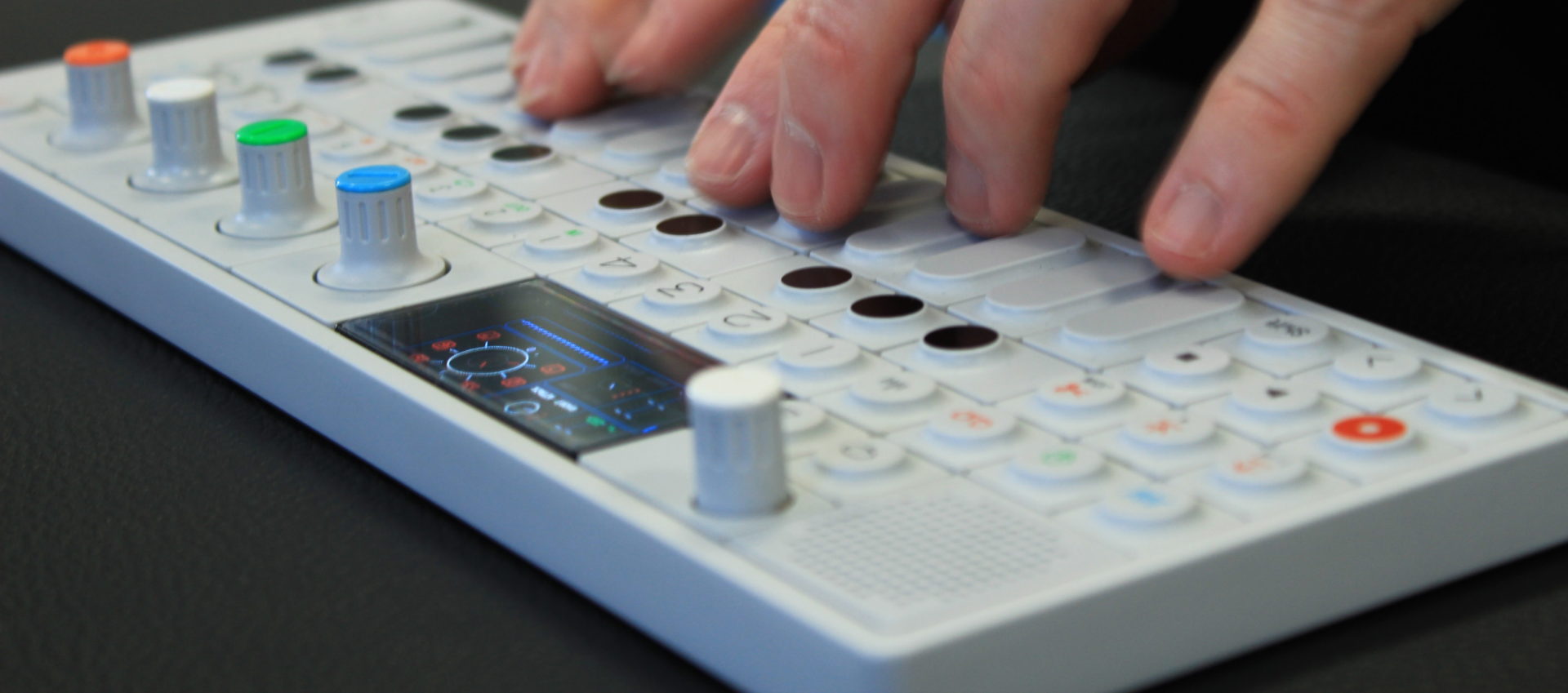
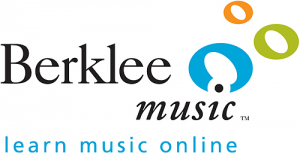
Wow what a great blog, its good to see something fresh and to the point but with some added humour also, i wil lretweet and post to FB for sure. I shall return! Many thanks 🙂
Great blog 9/10! Bookmarked 🙂
I humbly suggest my book, Using Technology to Unlock Musical Creativity along with the other music technology resources listed here.
I have the GarageBand/Mixcraft book and recommend it as well.
Thank you very much Scott. I appreciate the feedback.
As for your book, I will include that on my next Music Teachers Resource post – thank you for the heads up.
I am reading all about it right now 🙂
Excellent blog Samuel, it’s great to see something that’s updated and up to date!
There is such a need for Music Education resources out there – especially for the beginning teacher. You have something here that helps in the delivery of so many different areas of our awesome subject!
As Scott has done, I would also like to humbly suggest my http://www.conceptsofmusic.com.au website as a resource link to be added to your site.
Thank you very much 🙂
I love your site!
Strangely enough, I am currently in the process of making an iBooks Author app for the Concepts of Music.
May I refer to your site and materials in it? You have done an amazing amount of work and I would like to build on it – it that is okay.
Absolutely! Go for it.
Thanks for this post, I coach guitar teachers and looks like these resources could really help them out. I think the more tools and resources a music teacher has the better!
With the ear training category, I’d recommend also looking at EarMaster, Auralia (I see you’ve listed it on the right) or GNU Solfege. I’ve tried all three and they really effective teaching tools. GNU Solfege is free so it’s easy for students to download and use at home.
Also, if I could suggest the site I work on, Live and Teach Guitar which provides teaching resources specifically to guitar teachers.
Pingback: Evaluation of 5 Music Education Resources | jesseluque